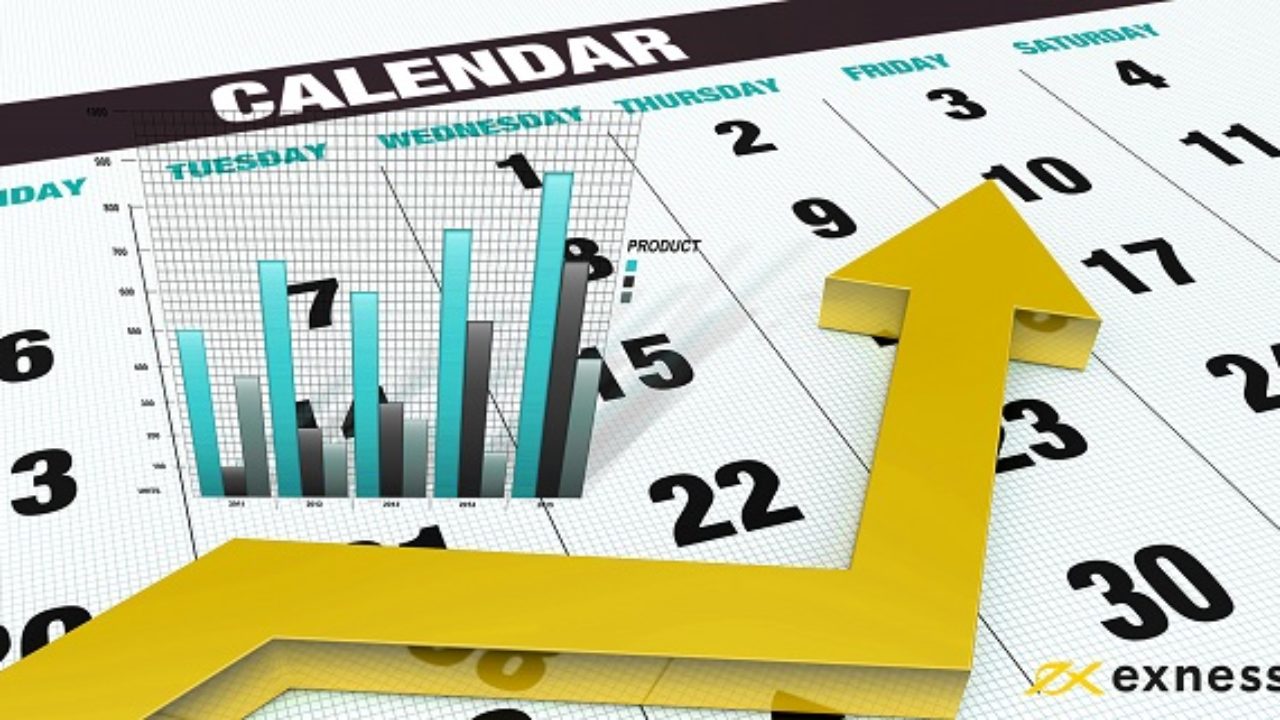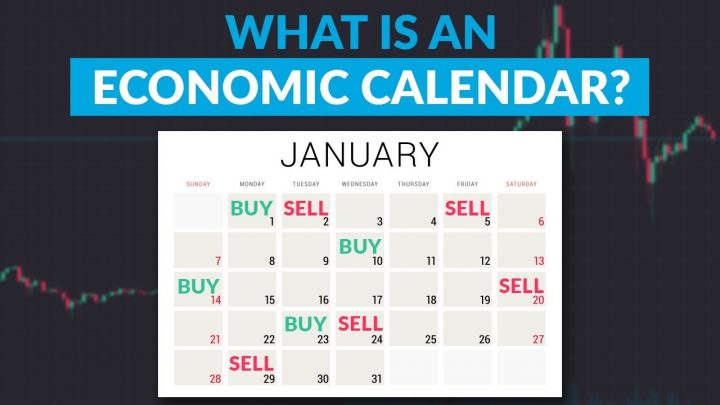One of the most important topics that traders spend a lot of time looking at in forex is how the economic calendar impacts forex trading. Economic calendars are essentially traded and call calendars used by banks and FX corporations to give them a good idea of what their stocks and trades will look like over a certain period. For example, if a corporation is looking to raise some funds, it will put out a press release detailing some of the financial numbers it expects for the upcoming year. This release will then be followed up with a call for potential clients to either attend a live webinar or listen to an audio recording of the call.

The purpose of this is to give the corporation an idea of what its stock will do once it undergoes a fundamental analysis. However, just because it gives the trader an idea of potential movements in the market doesn’t necessarily mean making the market move in their favor. After all, investors also need to know the overall market sentiment before they can properly invest. It gets to be precisely for this reason that we use the term “the economic calendar” to explain how fundamental analysis impacts trading. An economic calendar is essentially a tool used by investors and currency traders to gauge the overall weakness or strength of a particular currency based on certain economic data released at any given time. For example, if you were to be looking at the United States economic calendar and see no economic indicators released for the second week of April, this would be a bad sign for the economy.
The impact of the economic calendar on forex trading depends on whether or not you take the time to look at all of the data and understand it when presented to you. If you do not consider the time to learn how the economic calendar is affected by fundamental analysis, you will likely find yourself being misled by analysts who think they know what is best for the market. As a trader, you need to separate your personal opinion from what others are saying.
